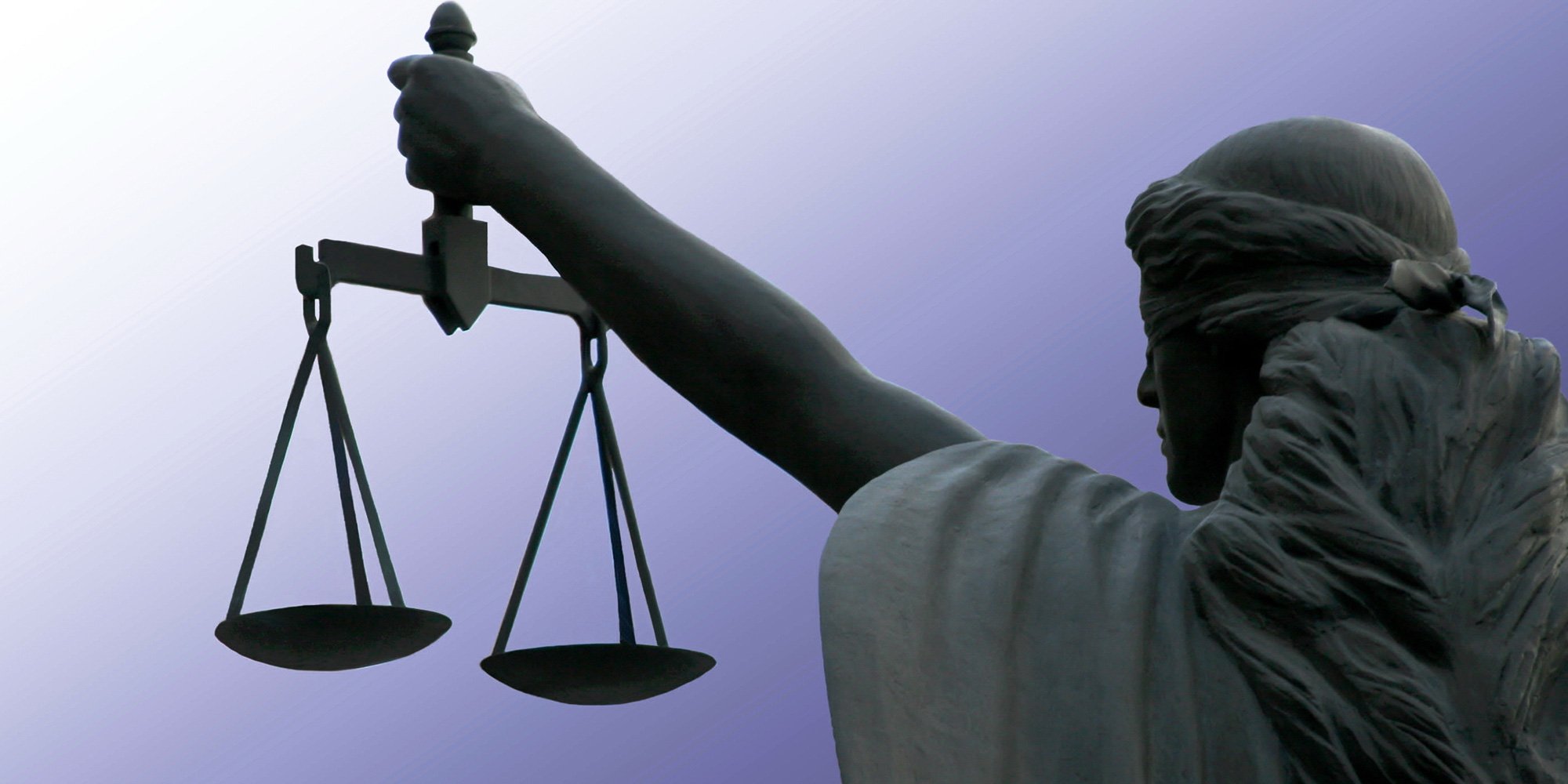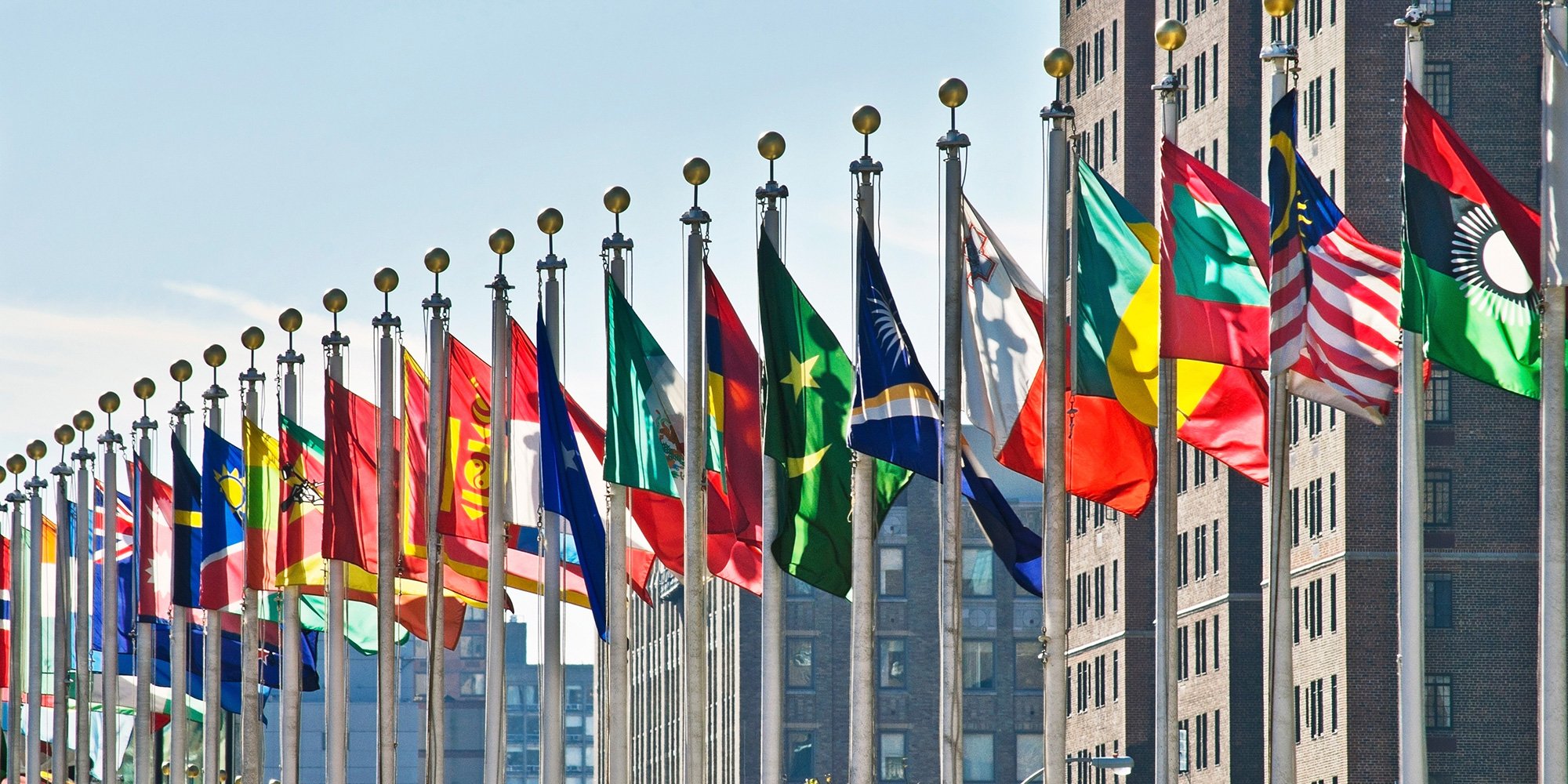3 min read
The 51st State and A Reconciliation Moment
Some days it really feels like the whole world is going crazy. The economy is sputtering amidst trade wars and tariffs, there is a renewed interest...

3 min read
Some days it really feels like the whole world is going crazy. The economy is sputtering amidst trade wars and tariffs, there is a renewed interest...

8 min read
The doctrine of Aboriginal rights exists… because of one simple fact: when Europeans arrived in North America, Aboriginal peoples were already here,...

6 min read
It is essential when working with some of the hundreds of First Nations, Inuit, and Métis communities across Canada on industrial, social, and...

3 min read
"cultural heritage resource" means an object, a site or the location of a traditional societal practice that is of historical, cultural or...

2 min read
The road to adoption of the United Nations’ Declaration on the Rights of Indigenous Peoples (UNDec) has been a rocky one for Canada. Canada did...

1 min read
To name drop or not to name drop... that is the question. Many people assume that it is okay to name-drop as they move from community to community in...

4 min read
The Government will move forward to introduce legislation to implement the United Nations Declaration on the Rights of Indigenous Peoples before the...

3 min read
The foundation of meaningful engagement with an Indigenous community is trust. Earning that trust will take time, consistency, and transparency. The...

3 min read
There are many reasons for researching an Indigenous community but for the purposes of this article, we are talking about research in terms of a...

2 min read
When first starting work on a project that may intersect with one or more Indigenous communities there is a mountain of background information that...